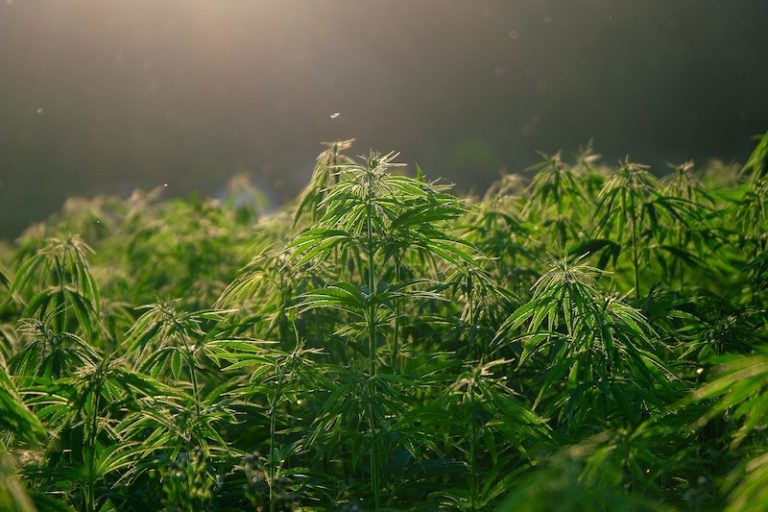
5 Reasons Why Cannabis Legalization in Latin America is a Success
04 October, 2022Latin America has a turbulent history with the plant. It was demonized for centuries, and its use was restricted to specific indigenous communities. Voices from all over the region have been speaking up in favor of cannabis legalization, putting pressure on governments to take action. In the last few years, there has been an uptick in cannabis legalization across Latin America. Several countries have either partially or fully legalized the plant, allowing its production, sale, and consumption by adults. While some initial concerns regarding the social and health implications of legal cannabis still remain, these 5 reasons why cannabis legalization in Latin America is a success prove that these are positive steps forward for these countries and their people!
1. Decriminalization of Small Amounts of Cannabis
One of the most meaningful ways in which cannabis legalization has improved the lives of Latin Americans is through the decriminalization of small amounts of the plant. Cannabis consumers will be able to walk away from a misdemeanor with a fine rather than a criminal record. This is an essential step forward for social justice in the region. However, the sale of the plant, unlike some of the best delta-8 gummies, remains illegal.
2. Regulation of Cannabis Cultivation
Regulating the cultivation of cannabis is a crucial step for the industry’s growth. It allows authorities to track and control the quality and source of the plant, and to ensure that the supply chain is safe. In Colombia, cannabis cultivation is now regulated by the government in an attempt to break the cartels’ hold on the industry. Cannabis is grown in a closed-loop system, which means that the plants are cultivated indoors with artificial lights and can be monitored by the government. This allows the government to track the supply chain and shut down illegal outdoor crops.
3. Taxation of Cannabis
In addition to regulating the cultivation, governments have also begun to tax the sale of cannabis. This is a step towards stabilizing state budgets that can be supplemented by the sale of cannabis products. In Mexico, the state of Guanajuato legalized the cultivation of cannabis in 2017 and announced plans to begin taxing the sale of the plant and its derivatives by the following year. In Brazil, the state of Rio Grande do Sul has been taxing the growing and sale of medical cannabis since 2015, bringing in revenue of around $3.3 million per year.
4. The Advancement of Medical Research
The legalization of cannabis for medical purposes has opened up research opportunities for scientists. This has allowed for a new level of legitimacy and credibility, particularly in the eyes of western nations. Although cannabis has been used for medicinal purposes for centuries, it was not until recently that it was deemed appropriate for scientific research. Currently, the region is home to numerous research centers that have been licensed to grow cannabis for scientific purposes. The knowledge gained through these studies could lead to the creation of innovative new cannabis products that could shatter the misconception that it is only fit for recreational use.
5. A Platform to Address the Root Causes of Drug Trafficking
Cannabis prohibition has been ineffective in curbing drug trafficking, as cartels have been able to produce and distribute their products despite the illegality of cannabis. Legalization, however, provides a platform on which governments can address the root causes of drug trafficking. In Colombia, legalization has allowed the government to begin discussions with the FARC-EP, a leftist guerrilla movement in the country, to address the underlying causes of drug trafficking. Officials hope that legalization will provide a safe and regulated industry with which to replace illegal drug trafficking and create an opportunity to bring some members of the FARC into a legitimate business.
Conclusion
More countries need to follow suit and fully legalize the plant, and there needs to be a discussion regarding the best way to regulate it. There is also a need to ensure that people are properly educated on the risks and benefits associated with cannabis use.
Follow Sounds and Colours: Facebook / Twitter / Instagram / Mixcloud / Soundcloud / Bandcamp
Subscribe to the Sounds and Colours Newsletter for regular updates, news and competitions bringing the best of Latin American culture direct to your Inbox.

